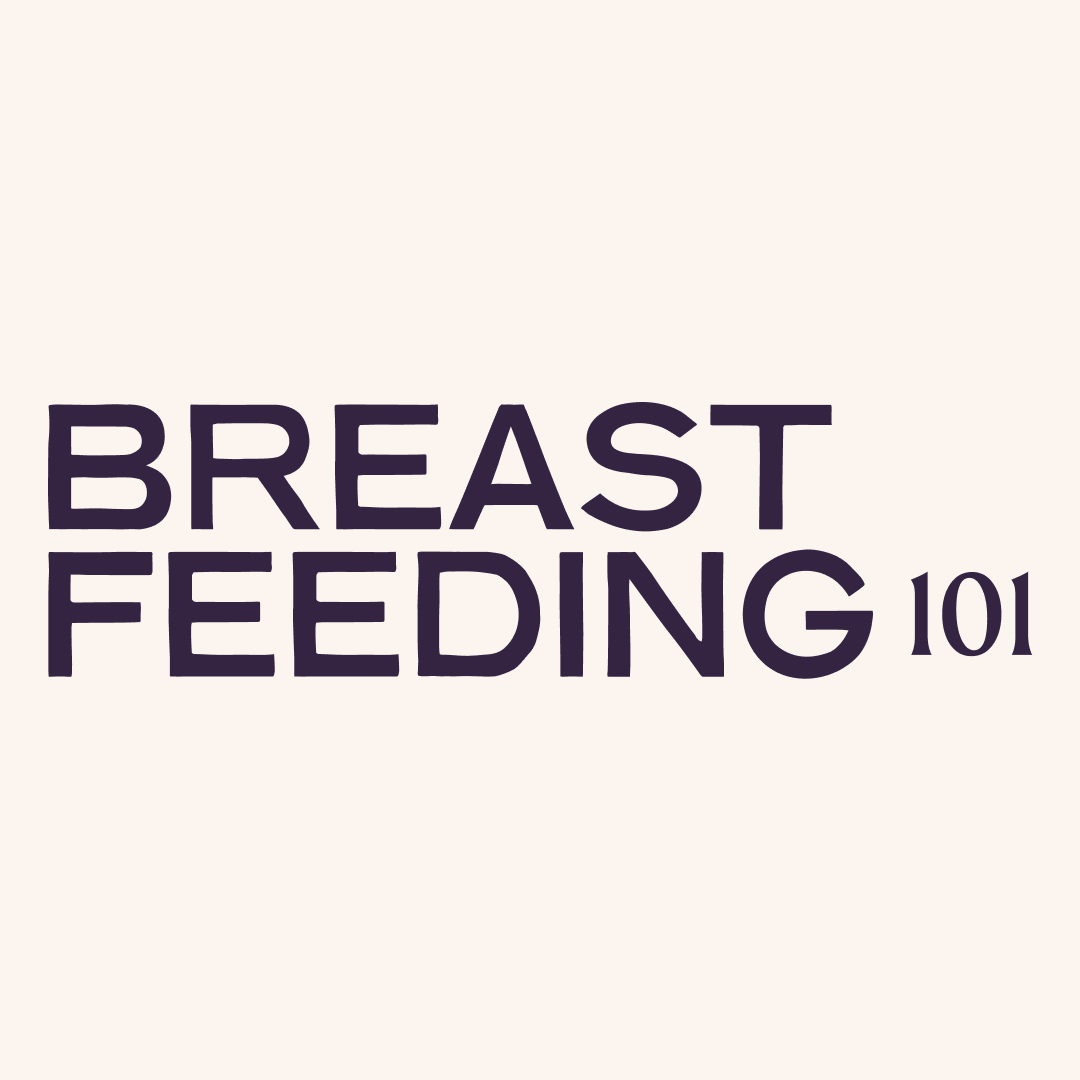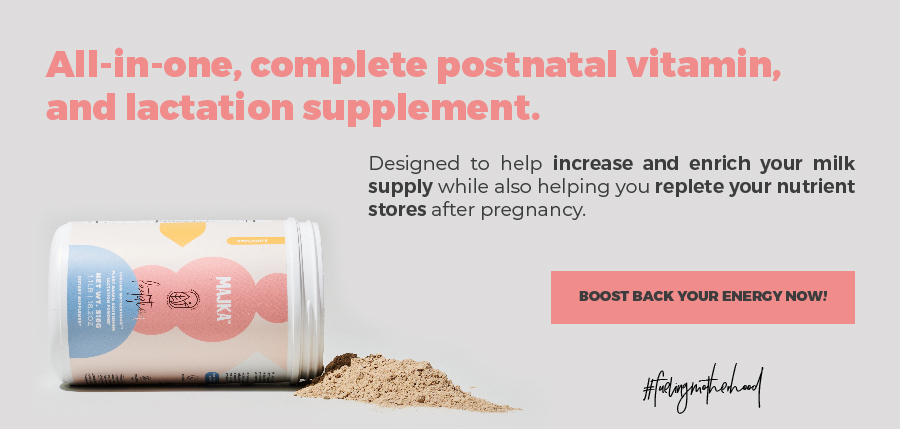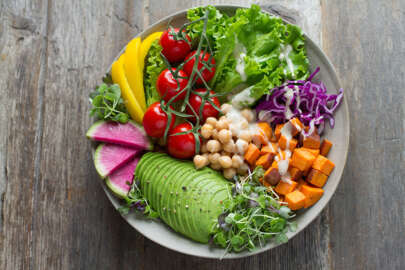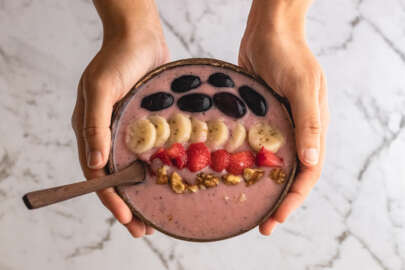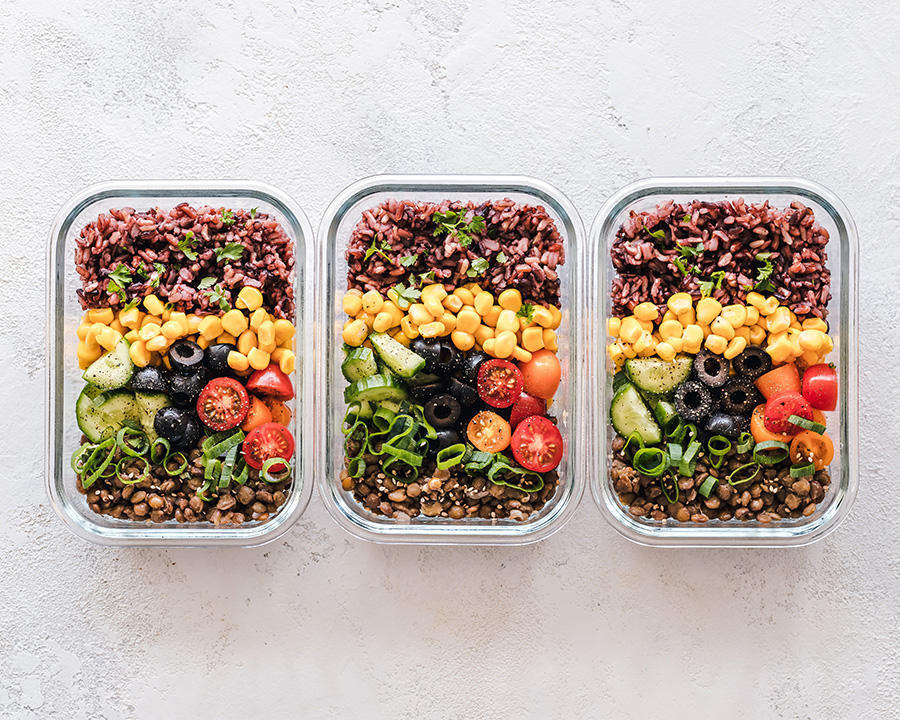
As part of your lactation journey, one of the main thoughts you may ask yourself when it comes to dietary habits is whether your breastfeeding diet plan is working and what impact it has on the quality of your breast milk.
The good news is that your supply will most likely meet the needs of your baby regardless of the food you’re consuming, but keep in mind that, during lactation, if your intake of nutrients is lower than needed, your body will mobilize to get those nutrients from its own tissues.
In this blog post, we’re going to explore some of the most important nutrients you should be consuming in order to focus only on food that contains the exact ingredients you need to consider when creating your own ideal breastfeeding diet plan.
Understanding nutrition
By this point, you’re probably already aware of some basic measures you should know when breastfeeding, like increasing your calorie intake by consuming around 400 extra calories on a daily basis to gain back some of the energy your body burns while producing milk.
Key nutrients that you and your baby will benefit from include proteins, vitamins A, B12, C, and D; selenium, and zinc. Among other nutrients, bear in mind that these could be divided into two groups according to their functions: secreted and non-secreted nutrients.
Secreted nutrients are those transferred through your breast milk to your baby, so getting plenty of these will not only make you feel good but they will also give your baby extra benefits. If the levels of secreted nutrients are below the suggested consumption, the concentration of them in your breast milk will also be reduced, comprising its nutrition quality.
Non-secreted nutrients do not affect the characteristics of your supply, as they are not transferred through your milk. Although including foods containing non-secreted nutrients won’t have a direct impact on the nutrition quality of your breast milk, they are still key to keeping you strong and lively; fueling your body with nutrient-dense meals will help reduce the risk of developing certain medical conditions later.
Your baby’s best friends
Vitamin absorption through maternal milk plays an essential role in your little one’s growth, specially during their first 6 months. When creating your breastfeeding diet plan, you should make sure these nutrients are present in your breast milk but aim to balance their intake so you won’t end up having a higher concentration than recommended, avoiding any toxicity risks.
Some of the most essential vitamins are:
Vitamin A
Helps your baby develop a healthy immune system and plays an important role in heart and visual development. A larger intake of this vitamin could lead to health problems, supplementation is not recommended, but you should include rich foods in Vitamin A like: milk, orange, sweet potato, egg, carrot, and dark leafy greens.
Vitamin B12
Plays a big role in red blood cell formation and brain development. It’s present mostly in animal products, so supplementation is recommended for moms with a plant-based diet. Find this vitamin in red meat, fish, dairy products, nutritional yeast, egg, and shrimp.
Vitamin C
It’s the most abundant nutrient in our bodies, and it plays an essential role in developing your baby’s immune system and boosting collagen production. To ensure you’re getting enough, eat foods like orange, strawberry, red bell pepper, tangerine, kiwi, papaya, or broccoli.
Vitamin D
Key to help your kid absorb calcium for healthy bones and an important nutrient to boost their immune system and yours as well. Sun baths are part of a healthy diet, too! Though you can get most of this vitamin from exposure to sunlight, you should consider including fungi, oily fish, egg yolks, salmon, and fortified food.
Nourish your body
Going back to the non-secreted nutrient category — those not transferred through your milk — although your milk supply will remain unaffected, consider your own bone and tissue stores, so try to eat rich foods in:
- Calcium (Dairy products, leafy greens, and legumes)
- Copper (Seafood, whole grains, nuts, bean, and potato)
- Folate (Beans, legumes, leafy greens, asparagus, and avocado)
- Iron (Red meat, birds, seafood, beans, green vegetables and dried fruit)
- Zinc (Red meat, birds, beans, nuts, and dairy products)
Before making any changes to your diet or trying supplements to ensure getting the nutrients listed above, seek the advice of your pediatrician or nutritionist, as they know your specific case and will give you the best advice for you and your baby.
Breastfeeding 101 is your pocket guide for breastfeeding, Make sure to follow our content to learn and solve any breastfeeding-related doubts.
Breastfeeding 101


